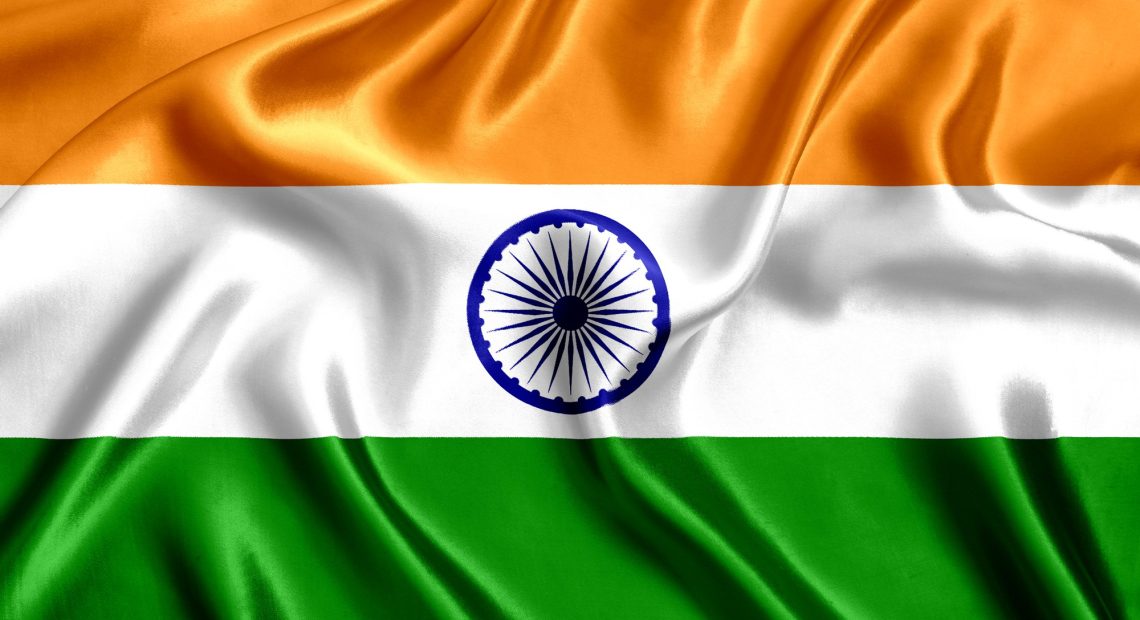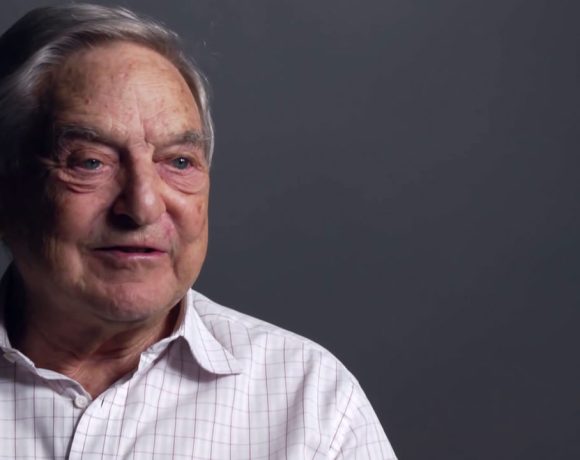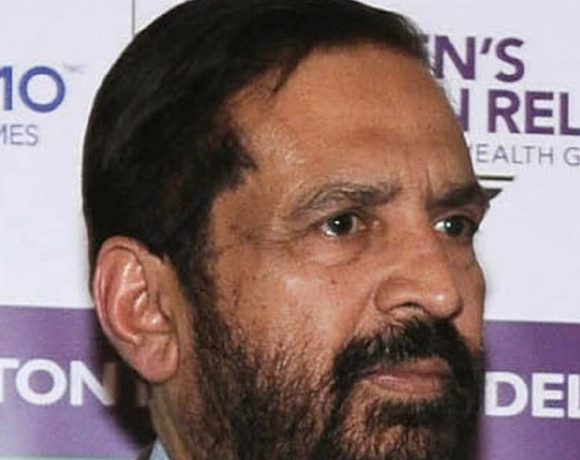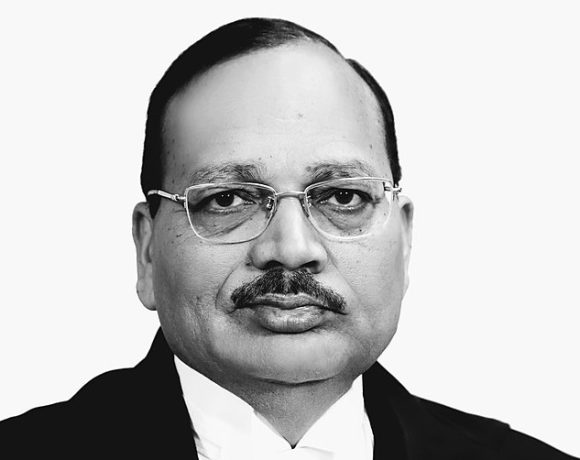
India Seeks Pause in Kishanganga‑Ratle Dispute Proceedings Amid Indus Waters Treaty Suspension
India has formally requested a temporary halt to the dispute resolution process concerning the Kishanganga and Ratle hydropower projects, which is being overseen by the World Bank–appointed neutral expert according to a report by Indian Express. The move comes shortly after New Delhi’s decision to suspend its participation in the Indus Waters Treaty (IWT), a landmark pact governing river sharing with Pakistan.
Indus Waters Treaty
Signed in 1960, the IWT allocates control of the Indus basin’s eastern rivers to India and grants Pakistan rights over the western rivers, including the Kishanganga and Chenab. The treaty remains a rare, stable cooperation framework between the two nations—until recent tensions prompted India to halt its treaty obligations following the Pahalgam attack in April 2025.
Treaty Suspension and Water Projects
India officially informed Pakistan on April 24 that it would pause key treaty components. Soon after, Delhi escalated its push by urging Michel Lino, the neutral expert appointed in late 2022 to resolve technical differences, to “vacate the agreed work programme” linked to ongoing inspections and submissions related to Kishanganga and the upcoming Ratle project.
Kishanganga and Ratle Hydropower Projects
- Kishanganga: A 330 MW run‑of‑river dam inaugurated in 2018 in Jammu & Kashmir, it diverts river flow through tunnels into the Jhelum basin. Subject to previous arbitration, it must maintain a minimum downstream flow.
- Ratle: An 850 MW gravity dam currently under construction downstream in the Chenab basin. Pakistan has objected to certain design aspects, including low-level outlets and sediment control features that may affect cross-border flow.
India’s Request to World Bank
In a formal letter to Lino, India asked for a pause in technical hearings and a suspension of Pakistan’s deadline to submit its depositions by early August, as well as the planned joint talks scheduled for mid‑November. India’s goal is to retain full control over the disputed western rivers amid tense relations.
Pakistan’s Response
Islamabad has emphatically rejected India’s request, arguing that the treaty cannot be unilaterally set aside and urging continuation of the neutral expert’s work. Pakistan has vowed to defend its rights under international law and ensure equitable access to water for its river-dependent agriculture and hydropower sectors.
World Bank’s Role
While India points to its suspensive action under national security grounds, the World Bank’s mandate remains limited; it simply appoints neutral experts and facilitates resolution. Any changes to the agreed work schedule must be approved by Michel Lino himself, after considering Pakistan’s objections.
Wider Implications
The suspension threatens flows critical for Pakistani agriculture and power generation. Without the ongoing neutral-expert process, engineering reviews of Kishanganga and Ratle designs may stall, potentially delaying construction and raising strategic concerns. International observers warn this could strain India–Pakistan water cooperation and may push Pakistan to seek recourse through alternative binding arbitration mechanisms.


















